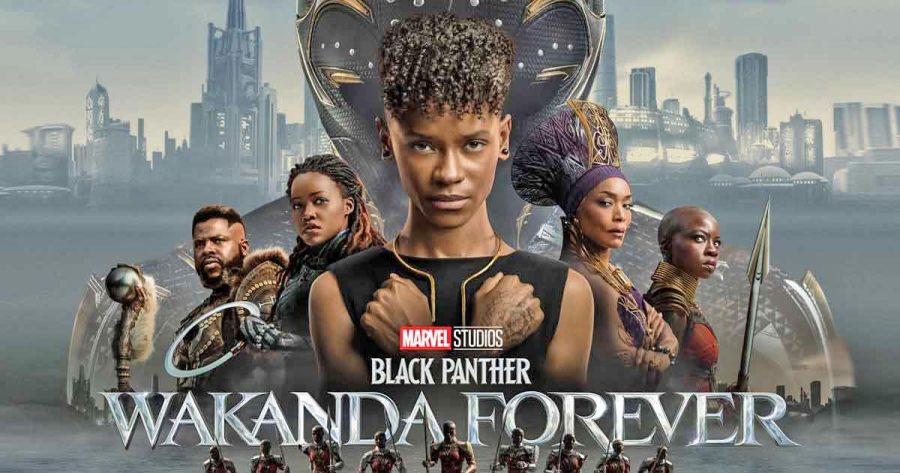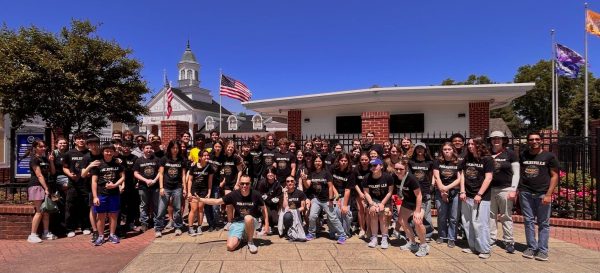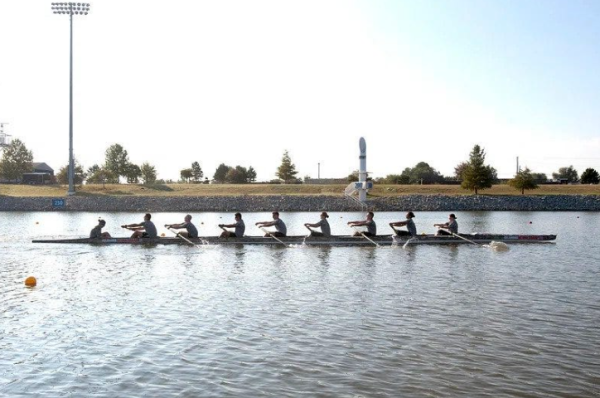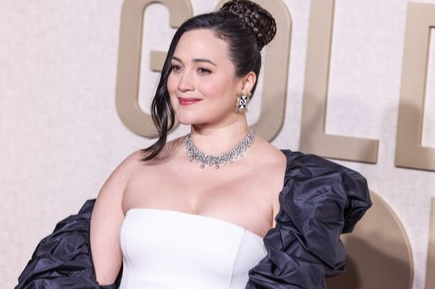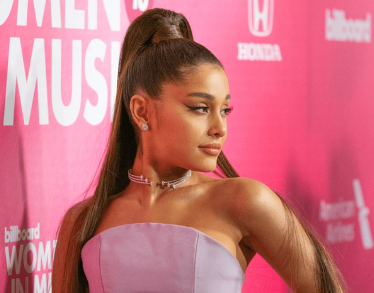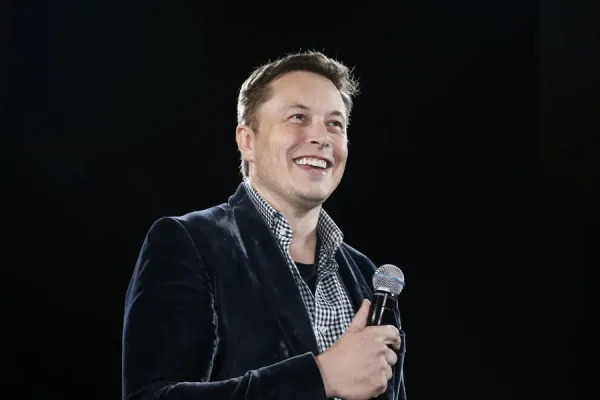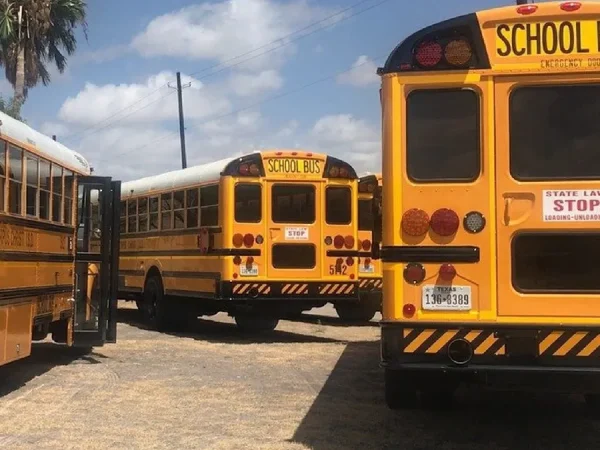‘Black Panther: Wakanda Forever’ explores Latino and Indigenous representation
Set in a Mayan-inspired futuristic underwater kingdom, Black Panther: Wakanda Forever introduces Latino actors, Indigenous characters, Spanish and the Yucatec Mayan language to the Marvel Cinematic Universe. For the first time, Marvel has released a superhero film with multiple Latino actors. The indigenous characters from the Talokan under-water nation are in conflict with Wakanda over vibranium in the ocean. Mexican actor Tenoch Huerta Mejía plays the Indigenous character Namor/Kukulcán, Mabel Cadena plays Namora, and Venezuelan actor Alex Livinalli plays Attuma. Namor, the main anti-hero, views the Wakandans as an enemy who have put his people in danger. Namora and Attuma are the lead warriors who fight with Namor against Wakanda. According to Insider, this representation has resonated with the Latino community because only 5.4% of Hollywood lead roles, 5.7% of all roles in the media are Latinos. With the increase of representation in Black Panther: Wakanda Forever, children in Central and South America, as well as the United States will be able to see their culture represented according to Livinalli. Cadena says that it is amazing to see the representation of Mexican women and her culture in the film industry.
Junior vice-president of the Black Student Union, Kyna Owusu, who watched the movie, conveys her enjoyment and appreciation for the film.
¨I liked it!” said Owusu. “There was an intersection between Black and Latino communities.¨
Wakanda Forever demonstrates that diversity in casting actors is crucial and necessary in mainstream media. The producers of the film honored Spanish and Yucatec Mayan culture with the language spoken throughout the movie and received guidance from Mexican advisors. Spanish teacher Ms. Villavicencio approves of the two world languages used in the movie.
“It is really great that Mayan and Spanish [people] are in the movie, especially Mayan because it is still very important to indigenous communities,” said Villavicencio. “Yucatec Mayan has not been represented in the media very often.”
Native Mayan speaker and actor Josué Maychi coached the actors, producers, and screenwriters to ensure the movie was accurate with how the language was being used. In Mexico, Huerta Mejía says he could never see brown skin represented in the media. Black Panther: Wakanda Forever allowed Latin America to cross over into the Marvel Cinematic Universe and celebrate their own spotlight as superheroes, just like Black Panther’s impact had on the black community in 2018.
In the movie, Huerta Mejía connects with his Mestizo culture that has been taken over by colonial conquest and racism in Latin America. In an interview with Owusu, she explained her perspective on the story of colonialism being connected to the main character.
“It brought the movie into real-world situations,” Owusu emphasized. “I respected the inclusion of Spanish history.”
The Black Panther: Wakanda Forever movie includes diverse ethnic communities on the screen. Not only is Latino and Indigenous representation in the media necessary to young audiences, but people should also educate themselves about communities outside of their culture, explains Mr. Villavicencio.
“We need both education and representation of the Latino community in movies,” said Mr. Vallavicencio. “It is important for people to understand different perspectives of cultures.”
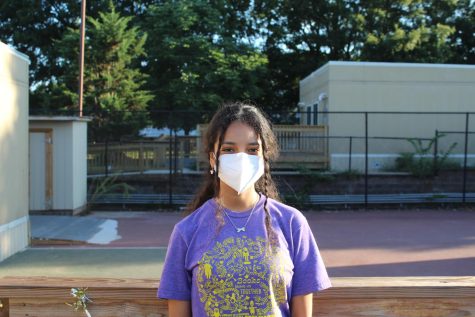
Daniela Martinez is a junior in the Humanities program. This is her first year with The Pulse. Outside of school, she is in the Midnight Players and helps...


